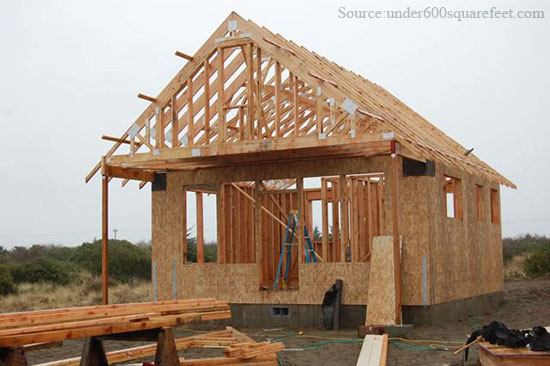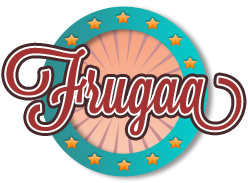Real Estate: Crash, Surge And Cycle
Investors and other actors in the real estate market have weathered the crash and slow recovery. The question many have: is real estate worth owning anymore as an investor or homeowner?
Real Estate Investment is a Long-Term Prospect
If there is a lesson to learn about the real estate bust, it’s that property buying should be a long-term endeavor. The flip economy that caused much of the bubble—buying older homes, fixing them up, and quickly reselling—wasn’t a good strategy, at least not for the long term. If you’re going to buy real estate today, plan to stay with it for years, not months.

Certainly, Americans continue to believe this. A July 2015 survey of 1000 investors by Bankrate.com investors showed real estate topping the list for 10-year investments, preferred by 27%.
Shorter-Term Real Estate Investors Should Consider Multi-Family Housing
Interest rates remain very low in the US, even with the 0.25% increase announced by the Federal Reserve Bank in December 2015.
The major catch is that it’s now more difficult for many Americans to qualify for a mortgage in the US. As a result, there has been more demand for rental units since 2000, reports CNN Money. Citing a report from the real estate site Zillow, Money reports that rental prices grew 4% in 2015, while home prices rose 3%.
Rents increased more quickly than home values in 20 of the US’ largest 35 markets and had double-digit increases in San Francisco and Denver.
Multi-family housing construction is doing quite well, economist Bill Conerly writes in Forbes, increasing by 35% in 2014. This makes it a good choice for investors looking for shorter-term real estate opportunities. Conerly warns that as young people start families, they will switch to renting and maybe even buying single-family homes.
Real Estate Investment Should Focus on Single Family Housing
Like the US, Ireland is experiencing a bumpy real estate recovery featuring higher rents that make it tougher to save for a down payment.
Dublin saw impressive real estate gains in 2014. But the City experienced a serious setback in 2015, when the Central Bank imposed tougher mortgage requirements, reports the Irish Independent.
Unlike the US, Ireland’s hardest-hit areas are showing an impressive recovery: Monaghan housing prices rose 20%, Donegal by almost 14% and Cork County by 13%.
What can the US learn from this? Investors should look at building single-family homes to accommodate current renters. Prices increased in Ireland where there were homes that met people’s needs, REA Chairman Michael O’Connor told the Independent. “If suitable properties are not available, they will not buy.”
Build it, and they will come. It’s starting to happen, according to the Wall Street Journal blog. Construction of smaller and less expensive new homes in the US rose in 2014, after a period in which half of all homes were more than 2,400 square feet.

Some US Regions are More Overpriced than Others
Houses in US metropolitan areas remain overvalued an average of 4%, according to Baron’s, including a couple that was hard-hit by the recession, like Las Vegas with 11.7% and Portland-Oregon-Washington with 8.4%. At least San Diego (6.6%) has the appeal of the beach. Sacramento, which tops the list at a whopping 14.9%, however, is inexplicable.
Nationally, housing was overpriced by 15% before the bubble burst.
What’s the Best Loan for a First-Time Homebuyer?
As we noted, the Federal Reserve raised interest rates a small amount. Homebuyers and investors should note that virtually all economists and writers say to expect small raises going forward.
People with fixed-rate mortgages have nothing to worry about, particularly if they’re fewer than 4%. Those folks can rest easy that they got a bargain.
Mortgage applicants, though, will have it a bit tough, particularly if they’re paying those ever-increasing rents that put a dent in savings. People who are actively looking for a home should buy sooner than later, Business Insider advises, to take advantage of fixed-rate loans while they’re still around.
Those looking for adjustable-rate mortgages (ARMs) will probably see higher rates over time, since rates will only go up from the historic lows of recent years. But unlike previous ARMs, these are expected to be smaller so ten-year mortgages should be manageable.
